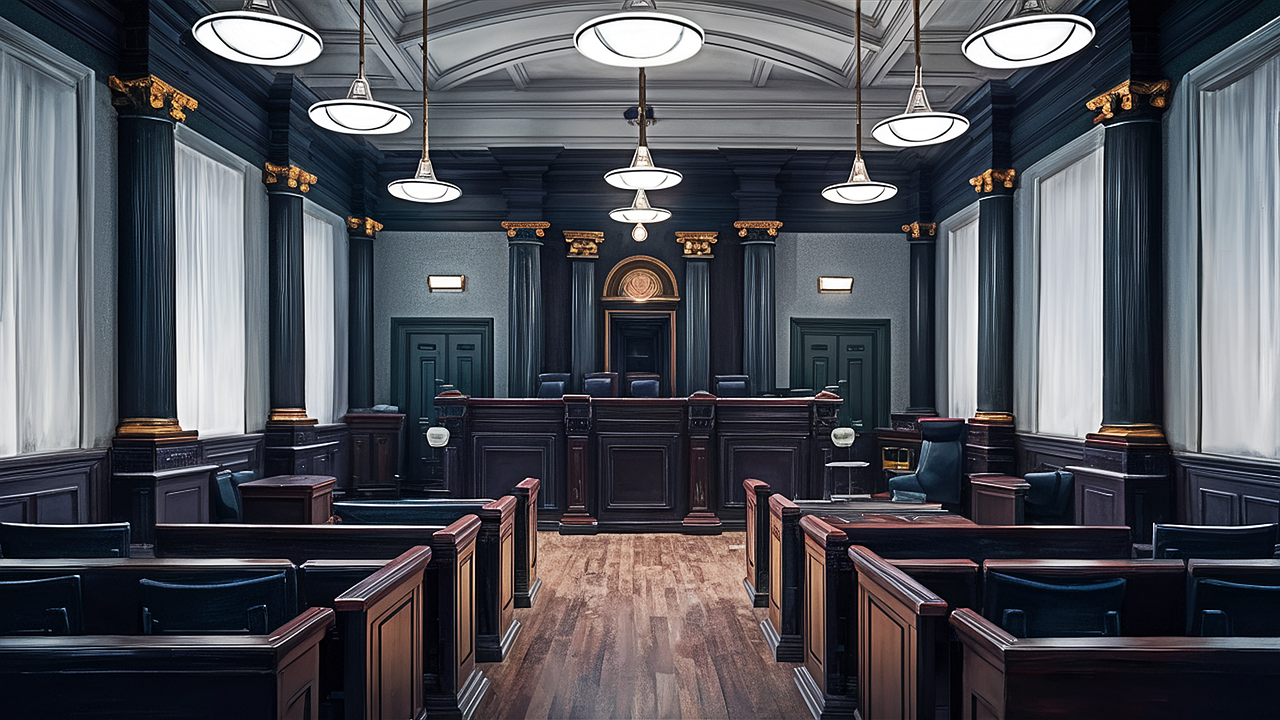Being subject to a search and seizure related to suspected drug activity can be one of the most intimidating moments you’ll ever face. Police can arrive at your home, pull over your vehicle, or even approach you in public, surrounding you with unexpected pressure and unfamiliar procedures that can catch you off guard.
Understanding your rights and knowing how to react under pressure can be the difference between having a strong defence and creating an uphill battle. At Vayeghan Litigation, we understand that knowledge is one of the most important assets you have when it comes to protecting your rights, especially in search and seizure situations. As your first choice for criminal defence in Vancouver, we’re here to ensure you have the support you need when it matters most. Learn more about how you can protect yourself during search and seizures below.
What Search and Seizure Means in Canada
Under Section 8 of the Canadian Charter of Rights and Freedoms, every person is protected from unreasonable search and seizure. That means law enforcement must follow strict legal guidelines when searching you, your property, or your belongings. If those rules are not followed, any evidence they collect could be excluded in court.
Determining what is “reasonable” can be complex, especially in drug-related cases where police may claim exigent circumstances or obtain a warrant quickly. This is where experienced legal representation becomes essential.
What to Do in the Moment
If you are subjected to a search and seizure, it’s crucial to remember the following:
-
Stay Calm and Composed Your goal is to remain cooperative but not self-incriminating. Resisting physically or verbally can escalate the situation and harm your case later. Remain polite, in control, and calm throughout your encounter.
- Ask if They Have a Warrant If officers want to search your home, it generally requires a valid search warrant. You have the right to review it and ensure the address, date, and scope match the situation.
Note: there are exceptions to a warrant being required, including exigent circumstances, or when the search is incident to a lawful arrest
-
Limit What You Say You are not required to answer investigative questions other than confirming your identity without a lawyer present. Politely say, “I wish to speak with my lawyer before answering,” and say as little as possible until you can speak with your legal counsel.
-
Do Not Consent Unnecessarily If officers do not have a warrant, they may ask for your consent to search. You can refuse. If they proceed without a warrant, your lawyer can later challenge the legality of that search.
Common Scenarios in Vancouver Drug Cases
Common search scenarios in Vancouver include:
-
Vehicle Stops: Police may search your vehicle if they have reasonable grounds.
-
Street Searches: If you’re stopped in public, officers may attempt a pat-down for safety. Note: full searches require more substantial legal grounds.
- Home Searches are the most intrusive type of search and require the strictest warrant requirements.
No matter what kind of search and seizure you’re subject to, the legality of the search is crucial and helps inform your defence against drug charges. Improper searches are one of the biggest causes of charges being dropped by the prosecution.
Why Legal Representation Is Critical—Immediately
Mo Vayeghan, a former Crown Prosecutor turned defence lawyer, has handled countless drug-related search and seizure challenges in BC courts. His experience on both sides of the courtroom allows him to identify police errors, unlawful evidence collection, breaches of Charter rights and more to design a defence strategy that achieves the best possible outcome, in many cases including a complete dismissal of charges.
Mr. Vayeghan will review every aspect of your case and protect your rights by:
-
Assessing the legality of the search in detail
-
Demand disclosure of police notes, warrant applications, and surveillance records
-
File motions to exclude unlawfully obtained evidence
-
Build a proactive defence strategy while the evidence is fresh
After the Search: Next Steps
To ensure you have the best defence possible, it is crucial that you do the following immediately following a search and seizure:
-
Document Everything Write down what happened as soon as possible, including times, names, actions, and any witnesses in as much detail as you can recall.
-
Secure Your Property If officers seized items, request an inventory list. This will help your lawyer challenge the seizure later.
-
Avoid Public Discussion Don’t talk about the search, even to your friends or family members, especially not on social media. Anything you say could be used against you.
Protect Yourself with Legal Help You Can Trust
Search and seizure laws in Canada are complex and overwhelming. Staying calm, exercising your rights, and contacting an experienced Vancouver drug charges lawyer immediately can make all the difference when it comes to ensuring your freedoms are protected.
If you’ve been subject to a search and seizure and are facing drug charges, contact us today to build the best defence possible.



